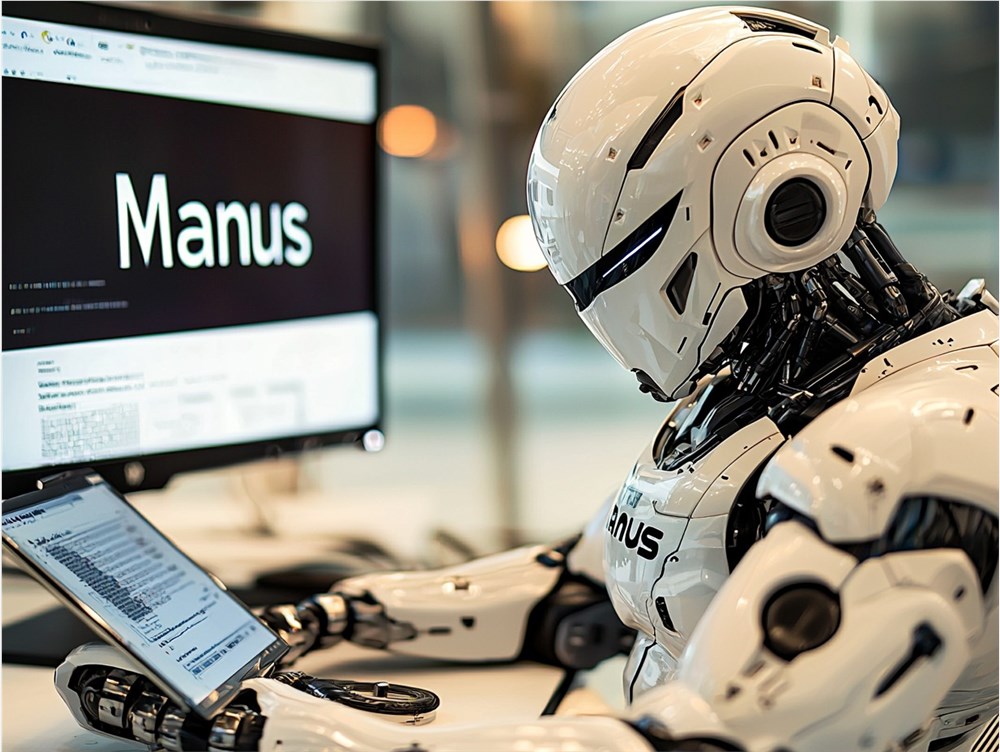Monica, a Chinese startup, has recently seen its AI Agent product, Manus, go viral on X. Today, its founder, Ji Yichao, shed further light on the product's technical details via social media. According to Ji, Manus is built upon Alibaba's Qwen large language model and leverages several fine-tuned models to achieve its unique capabilities. This revelation has sparked industry discussion about Manus's technological origins and further ignited global AI community interest in its potential.
Ji Yichao posted on X: "We built Manus using Claude3.5 Sonnet v1 and different fine-tuned versions of Qwen. Initially, only Claude3.5 Sonnet v1 was available, requiring numerous auxiliary models. Now Claude3.7 performs excellently, and we are internally testing it; updates will be coming soon!" This statement clarifies that Manus isn't entirely self-developed but rather relies on existing large language models for optimization and integration, contrasting with earlier speculation portraying it as a "new breakthrough in Chinese AI."

Image Source: AI-generated image, licensed through Midjourney
Manus, as an AI Agent, focuses on autonomously executing complex tasks. According to its website, the system can not only generate text but also handle the entire workflow from planning to execution, such as screening resumes, analyzing stock trends, and even generating websites. X user kimmonismus commented: "I tried the Manus preview, and its task execution far surpasses OpenAI's Deep Research; it's amazing!" Another user, ai_for_success, shared a demonstration video showcasing Manus's seamless web browsing, data collection, and output, calling it "so cool, can't wait to experience it."
However, alongside the praise, criticism has emerged. Some users point out that Manus's reliance on existing models rather than self-developed technology might limit its innovation. Alexander Doria, founder of Pleias, reported encountering errors and infinite loops after testing, suggesting stability issues. Furthermore, the current invitation-only access, coupled with insufficient server capacity, has prevented many users from experiencing it, further fueling speculation about its true capabilities.
The Monica team positions Manus as a "universal AI agent connecting thought and action," aiming for breakthroughs through multi-model collaboration and tool integration. Ji Yichao emphasized in a demonstration video: "This isn't an ordinary chatbot; it's an intelligent agent that autonomously completes tasks." Nevertheless, comparisons with self-developed models like DeepSeek remain contentious. DeepSeek challenges Western AI giants with its low cost and high performance, while Manus is more of an integrated product, representing a distinctly different technological approach.
Currently, Manus invitation codes are fetching high prices on secondary trading platforms, with reports suggesting prices soaring from 999 yuan to 50,000 yuan, reflecting strong market anticipation. Industry analysts believe that regardless of its technological originality, Manus's rapid rise to popularity demonstrates the growing influence of Chinese AI startups on the global stage. Whether Manus can deliver on its promises, particularly with ongoing testing and potential open-source plans, will likely be revealed in the coming months.










